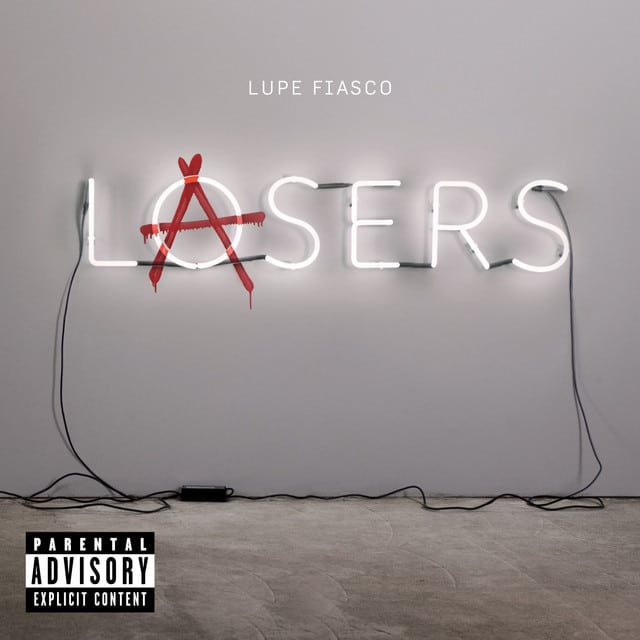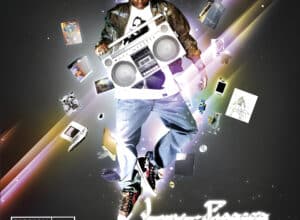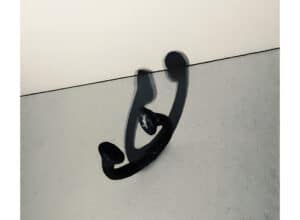Released: 2011
In “The Show Goes On” Lupe Fiasco weaves a narrative of resilience and defiant determination. The song, a triumphant anthem disguised as a criticism on societal hardships and adversity, spotlights the satisfying struggle of persistently chasing one’s dreams, regardless of the immense obstacles that lie in their path.
In the opening verses, Lupe eloquently criticizes a system that’s designed to keep people down. When he says “They treat you like a slave, put chains all on your soul and put whips up on your back”, he’s metaphorically addressing the oppression and rigid societal structures that people often face. Yet with their “kicks up on they desk”, he suggests a defiance against this system, a willingness to laugh at its attempts to control. This imagery is a tribute to his hometown, Chi-Town (Chicago), known for its gritty resilience, and a nod to his father’s influence on his rebellious spirit.
The chorus, “Alright, already, the show goes on”, serves as an uplifting mantra for persisting through hardship. Lupe is saying that the struggle, the hustle, the pursuit of dreams – it goes on. No matter how long the night, there’s always a morning to look forward to.
The following verse is a powerful show of solidarity with a wide range of marginalized communities. Lupe raises “one in the air” for those who are no longer with us, “two in the air” for fathers who are present, “three in the air” for kids in the ghetto, “four for the kids that don’t wanna be there”, and “five in the air” for the courageous teachers unafraid to inspire those kids. The clear message here is one of unity and empathy. By recognizing these struggles, he’s stating that acknowledgement is the first step towards change. He empathetically shares his message “the world is yours”, encouraging people to not be limited by their circumstances.
Driving the point home, Lupe takes it global. With mentions of Africa, New York, Haiti, Oakland, Auckland, Gaza Strip, and Detroit, he extends his message of resistance and growth beyond his immediate surroundings to the whole world. Contradicting a common negative view of hip-hop as destructive, he presents himself as proof of the positive influence it can have, inspiring people around the globe.
Ultimately, “The Show Goes On” is Lupe’s profound tribute to resilience, perseverance, and the power of hip-hop as a transformative force. By highlighting diverse struggles and emphasizing unity, empowerment, and relentless determination, Lupe crafts a global anthem of resistance and defiance, ensuring us that no matter what, the show goes on.








